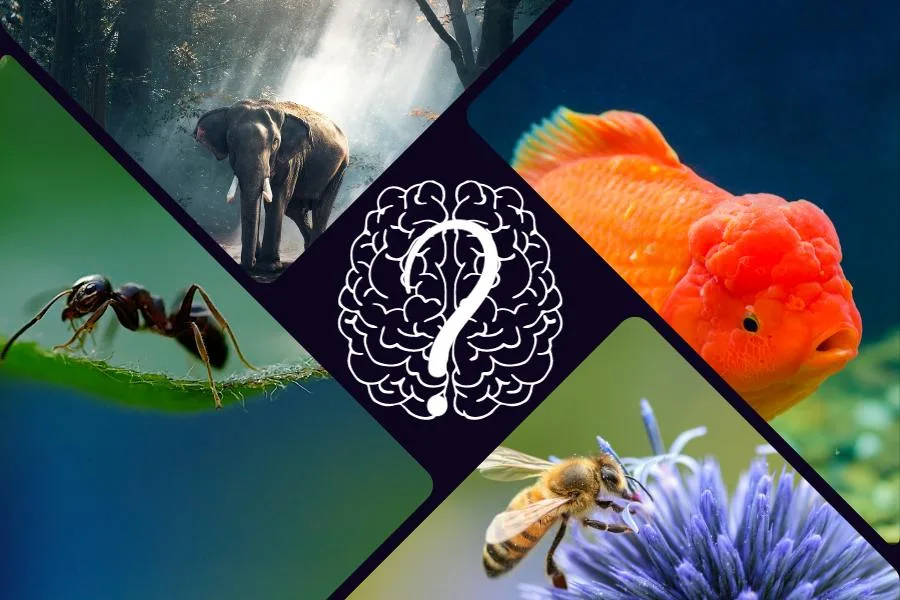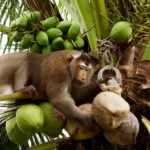Memory is a complex cognitive function, and it varies significantly among different species in the animal kingdom. While some animals possess remarkable memory abilities, others are often thought to have less impressive memory functions. In this article, we will explore the question: “What animal has the worst memory?” by delving into the memory capacities of various animals, shedding light on the misconceptions surrounding memory in some species, and highlighting the factors that influence their memory abilities.
Memory in Goldfish: A Common Misconception
The Three-Second Myth
One of the animals often associated with having the worst memory is the goldfish. It is a widespread belief that goldfish can remember information for only a few seconds, a notion often dubbed the “three-second memory myth.” This misconception has contributed to the idea that goldfish have an exceptionally poor memory.
Challenging the Myth
Recent research has challenged the long-standing belief in the goldfish’s ultra-short memory. It turns out that goldfish have more complex memory capabilities than previously thought. Studies have shown that goldfish can remember information for weeks or even months. They are capable of recognizing their owners, remembering feeding schedules, and learning from past experiences.
Factors Influencing Memory in Goldfish
Several factors influence memory in goldfish and other animals:
Environmental Complexity
Goldfish kept in enriched environments with varied stimuli tend to have better memory and cognitive abilities. Boring and monotonous environments can lead to diminished memory function.
Feeding Regimen
Goldfish can remember feeding times and locations, as they associate them with food. This demonstrates their ability to retain information related to their basic needs.
Training and Learning
Goldfish, like many animals, can be trained to perform tasks and learn from past experiences. This ability highlights their memory’s adaptive nature.
Memory in Other Animals
While goldfish have received significant attention in discussions about memory, it’s important to recognize that various animals have different memory capabilities:
Bees
Bees are known for their impressive spatial memory. They can navigate complex landscapes and remember the locations of flowers and hives over considerable distances.
Chickens
Chickens have been shown to exhibit social memory. They can recognize and remember the faces and behaviors of other chickens within their flock.
Ants
Ants have remarkable navigational memory. They can use visual and olfactory cues to navigate intricate terrain and locate food sources, even in constantly changing environments.
Elephants
Elephants have an exceptional long-term memory, allowing them to remember the locations of water sources and the migratory patterns of their herds over many years.
Factors Influencing Memory in Animals
Various factors influence memory across different animal species:
Brain Size
In general, animals with larger brains tend to have more sophisticated memory capacities. However, this is not a strict rule, as some smaller-brained species exhibit impressive memory abilities.
Ecological Niche
The specific ecological niche and survival strategies of an animal often determine the type of memory it needs. For instance, animals that rely on complex social interactions tend to have better social memory.
Environmental Demands
The environment an animal inhabits plays a significant role in shaping its memory. Animals in dynamic and ever-changing environments tend to develop better memory skills to adapt and survive.
Conclusion
The question of which animal has the worst memory is not as straightforward as it might seem. Goldfish, long thought to have very short memories, have been found to possess more complex memory abilities than the popular three-second myth suggests. Memory abilities vary greatly among species, with each animal’s memory adapted to its specific needs and environment. Understanding the factors influencing memory in different animals is crucial to appreciating the diversity and complexity of memory functions in the animal kingdom. Rather than labeling animals as having the “worst” memory, it is more informative to appreciate the wide range of memory capabilities that exist in the natural world.
Read Also: What Animals Eat Coconuts? (Detailed Guide)








